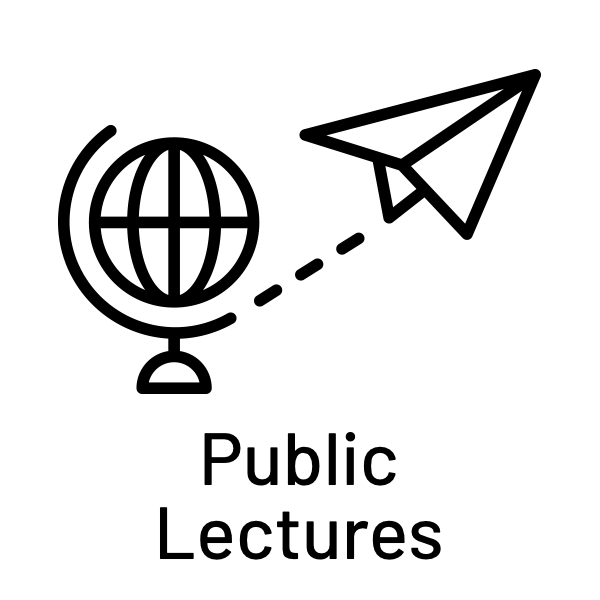
For the second event in our CREATe Public Lecture Series, on Wednesday 7 February 2024, we will welcome Professor Ioannis Lianos, who will present on the topic of “Re-orienting Competition Law: A Complexity Perspective”.
After his lecture and the discussion, an “Interrogating a Competition Law Enforcer” session will take place. CREATe’s Dr Magali Eben will be asking Professor Lianos questions pertaining to his experience as the President of the Hellenic Competition Authority. A wine and canape reception will follow.
To join us for this in-person-only event on 7 February 2024 at 5.30pm in the Humanity Lecture Theatre, please register via our BOOKITBEE page.
 Professor Ioannis Lianos is Chair of Global Competition Law and Public Policy at the Faculty of Laws, University College London, and served as the President of the Hellenic Competition Commission from September 2019 to December 2023. He was elected member of the Board of the Competition Committee at the OECD in December 2020. He is the founding director of the Centre for Law, Economics and Society (CLES) at UCL Laws and served as the executive director of the Jevons Institute of Competition Law & Economics at UCL. Professor Lianos has been recently appointed to the Competition Appeal Tribunal’s panel of Ordinary Members.
Professor Ioannis Lianos is Chair of Global Competition Law and Public Policy at the Faculty of Laws, University College London, and served as the President of the Hellenic Competition Commission from September 2019 to December 2023. He was elected member of the Board of the Competition Committee at the OECD in December 2020. He is the founding director of the Centre for Law, Economics and Society (CLES) at UCL Laws and served as the executive director of the Jevons Institute of Competition Law & Economics at UCL. Professor Lianos has been recently appointed to the Competition Appeal Tribunal’s panel of Ordinary Members.
Abstract
Competition law is presently living its ‘liminal moment’. Following the great soul-searching exercise imposed by the economic ‘irritant’ of the digital platform phenomenon the last decade, competition authorities had to weather the storm of the Covid-19 pandemic, while they have been recently confronted to the tidal wave of price hikes and inflationary trends. Furthermore, competition authorities around the world are beginning to deal with the sustainable development goals, not exclusively the environmental and climate change protection agenda, but also the social sustainability one, in particular with regard to the transformation and precarity of work in the digital ‘gig’ economy and the changes AI may bring to the relation between capital and labour as well as entrepreneurship. Finally, there are calls to enhance the role of industrial policy considerations in competition law enforcement, which if taken forward may jeopardize the policy autonomy of a field of law that has been at the centre of the effort of EU integration in recent decades. This simultaneous eruption of these different policy agendas the last five years, in combination with socio-economic developments that have challenged systemic resilience (a pandemic and accompanying economic crisis) may become vectors for significant changes, not only of the methodological and conceptual toolkit of competition law but also more broadly of its goals and overall role in the legal and regulatory system of the EU. The lecture will assess these developments and will put forward the various broader approaches/narratives that are currently in the making (by academia as well as competition officials around the world) in order to make sense of this new reality and to provide a (new) purpose or re-purpose the competition law enterprise. The lecture will particularly emphasise the influence of complexity science (as the new public policy science for competition law in the 21st century) in the emergence of this new competition law and policy equilibrium, and will undertake some legal foresight on the challenges to come.


